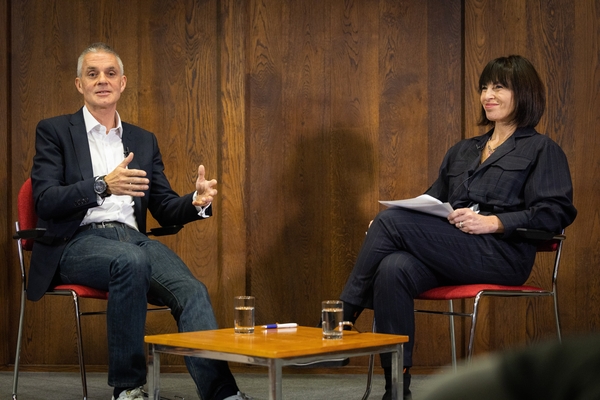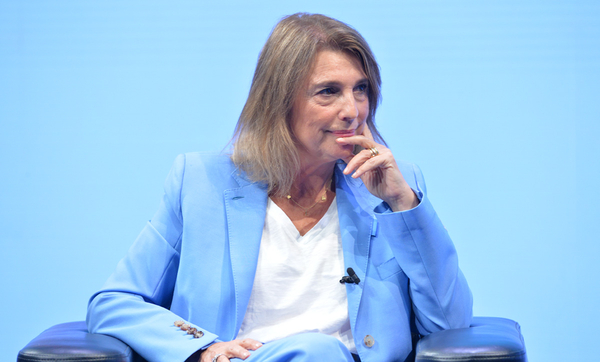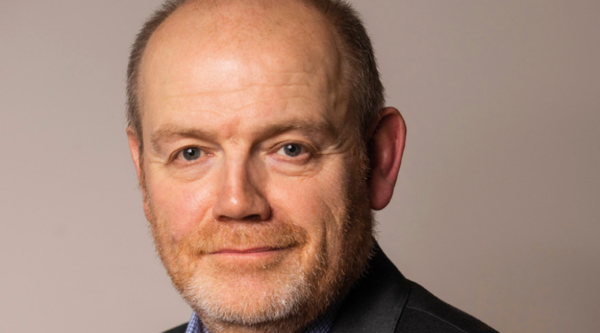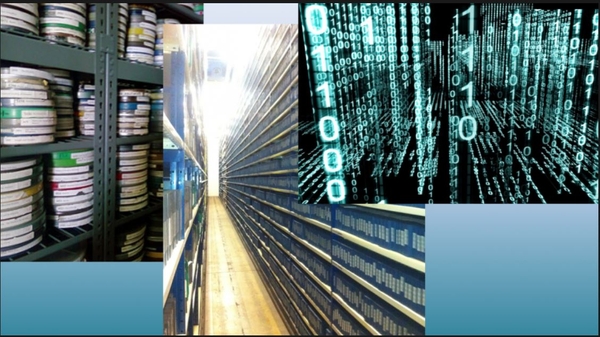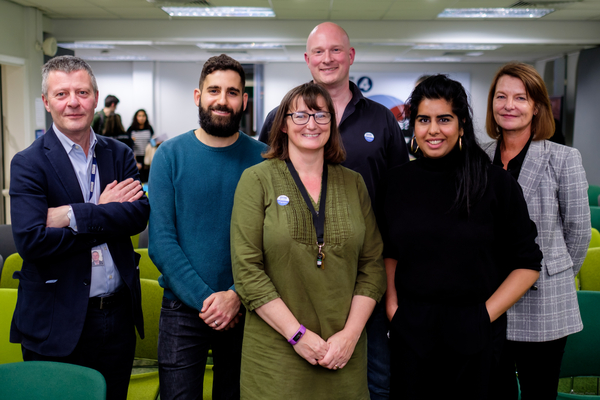Digital gurus hail 'most exciting time' for online video
YouTube and Facebook, which between them boast 19 billion daily views worldwide, offer huge online platforms to video content producers but television is also entering the market.
Sky’s new TV service Sky Q includes an online video section, bringing together content from many digital creators, including Barcroft Media, Red Bull Media House and GoPro. And youth brand Vice recently announced that its first European linear TV channel, Viceland, would launch in September.


